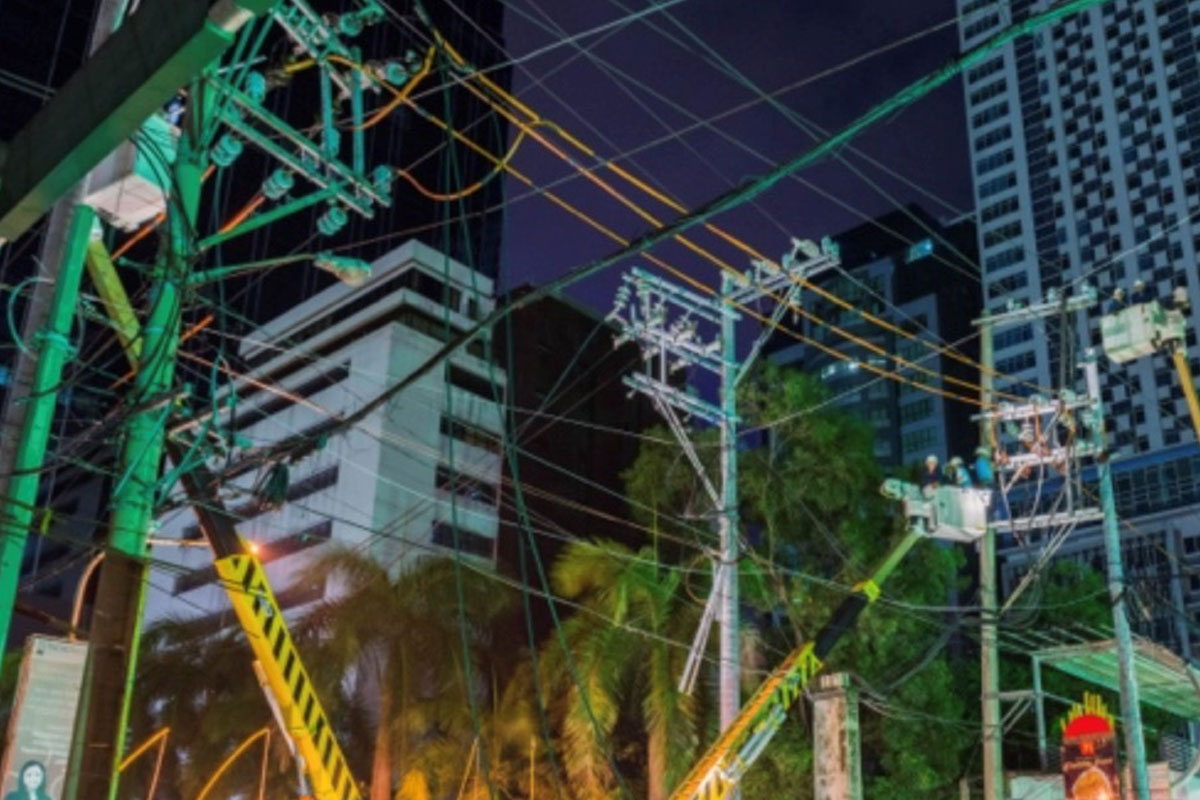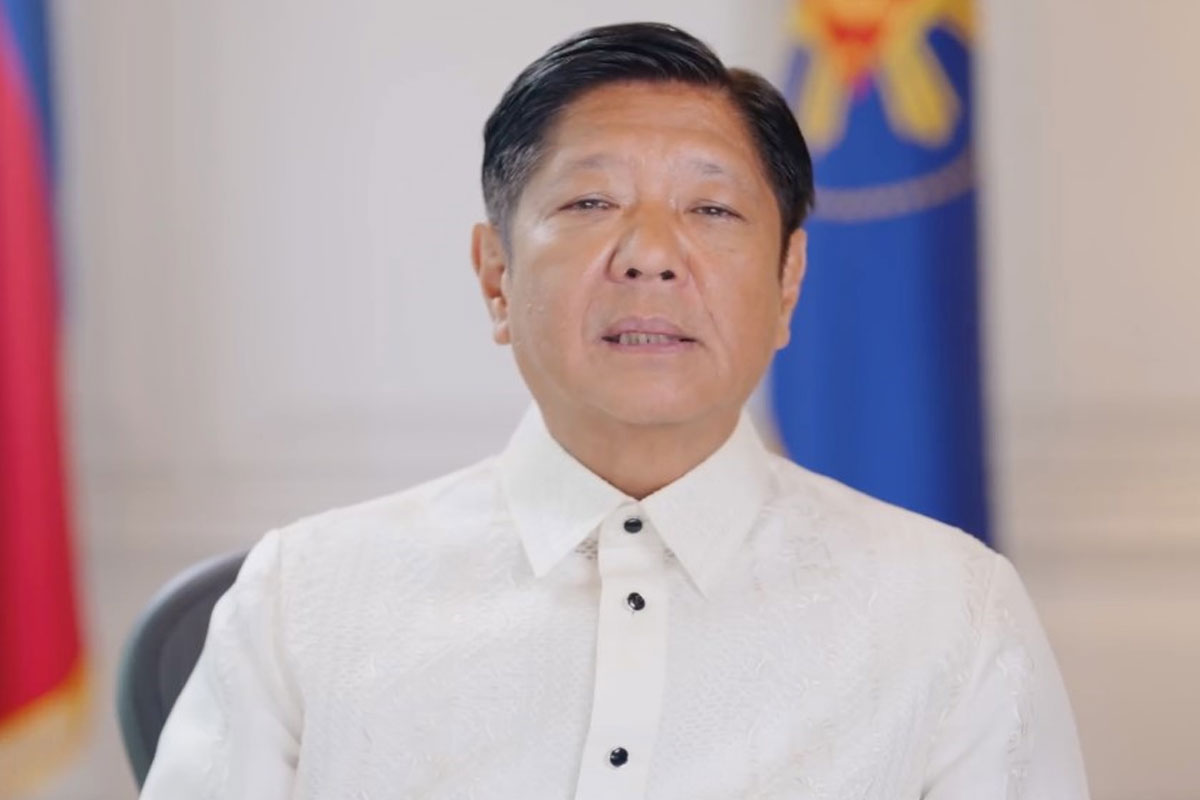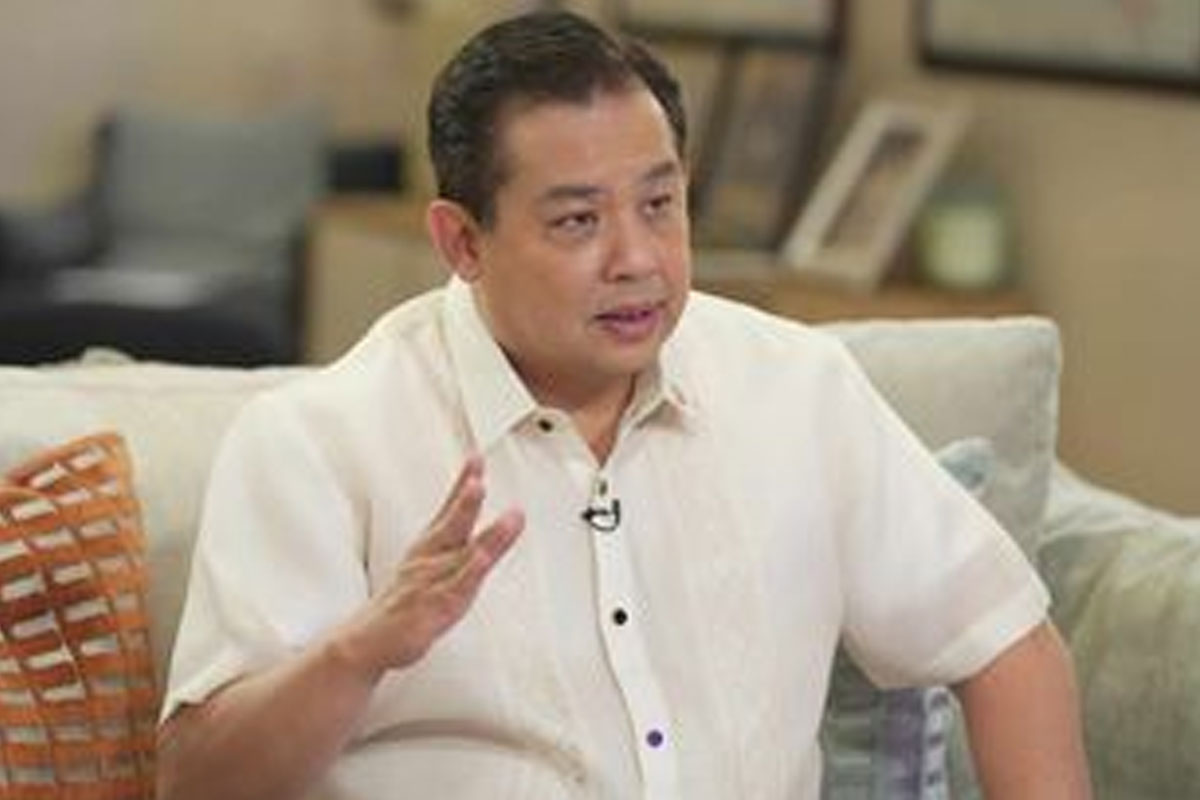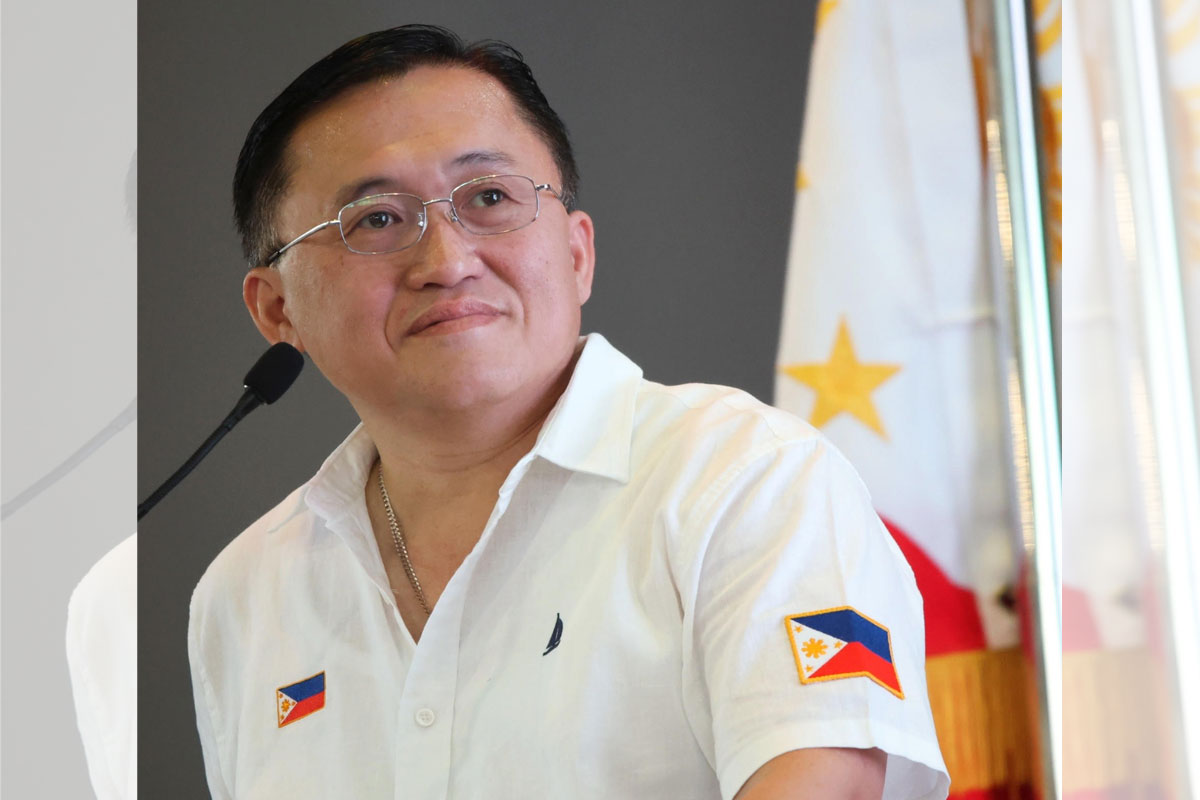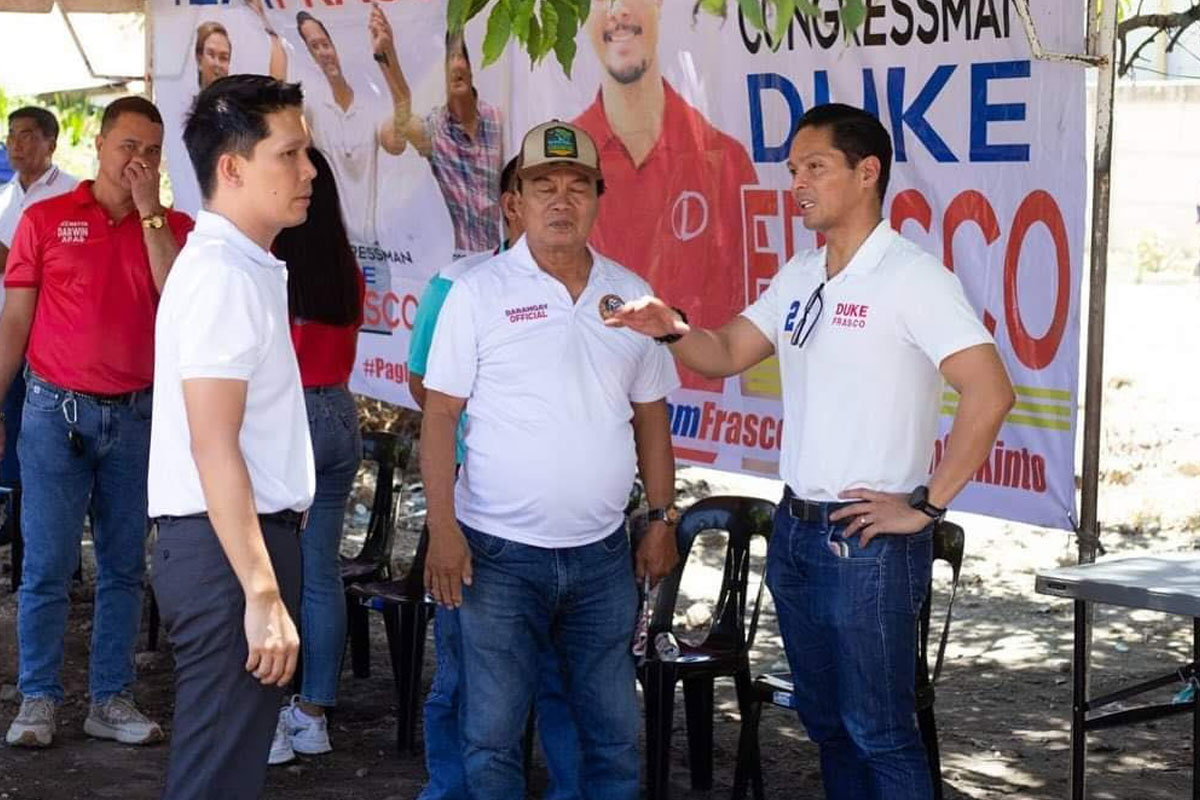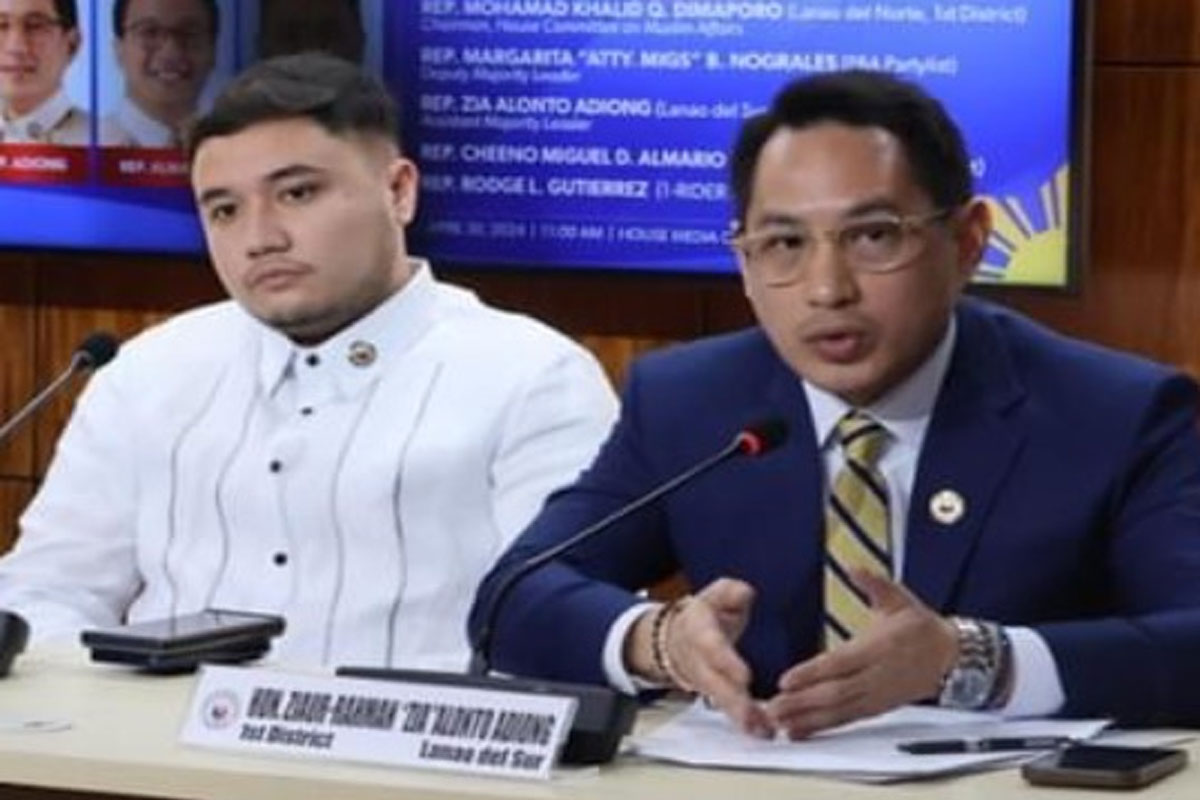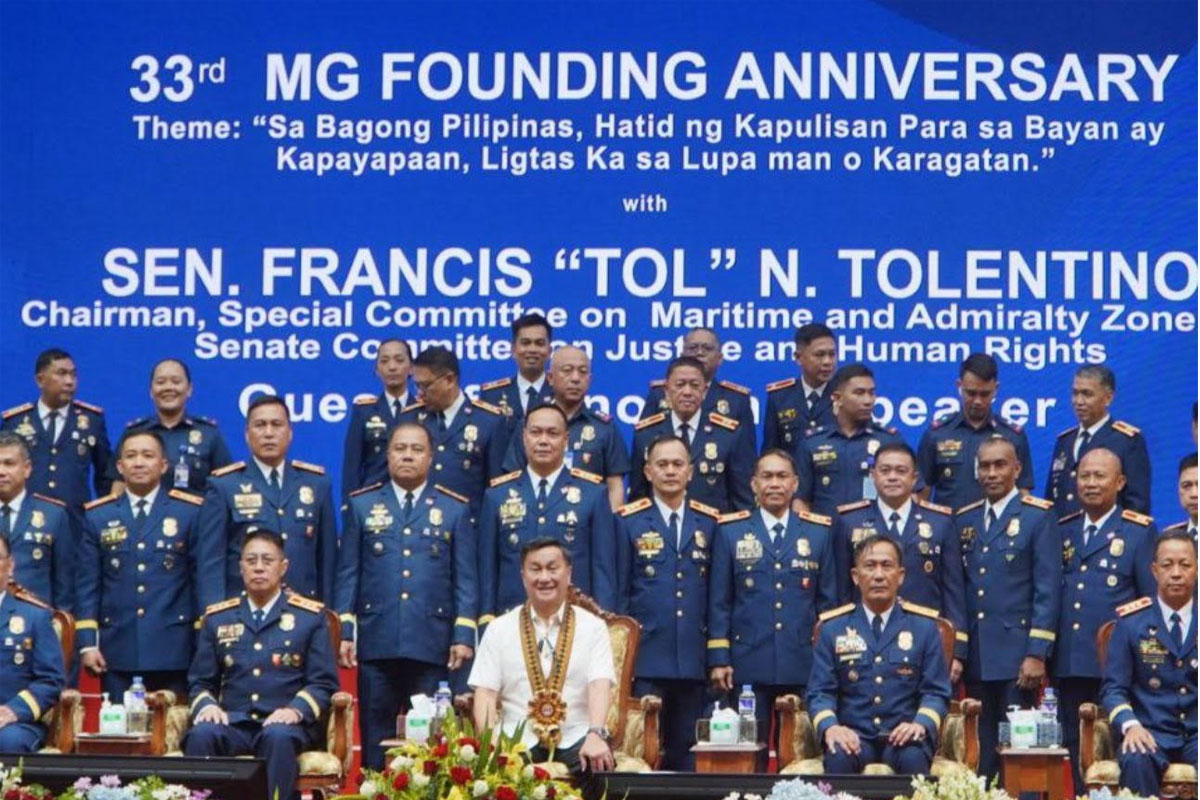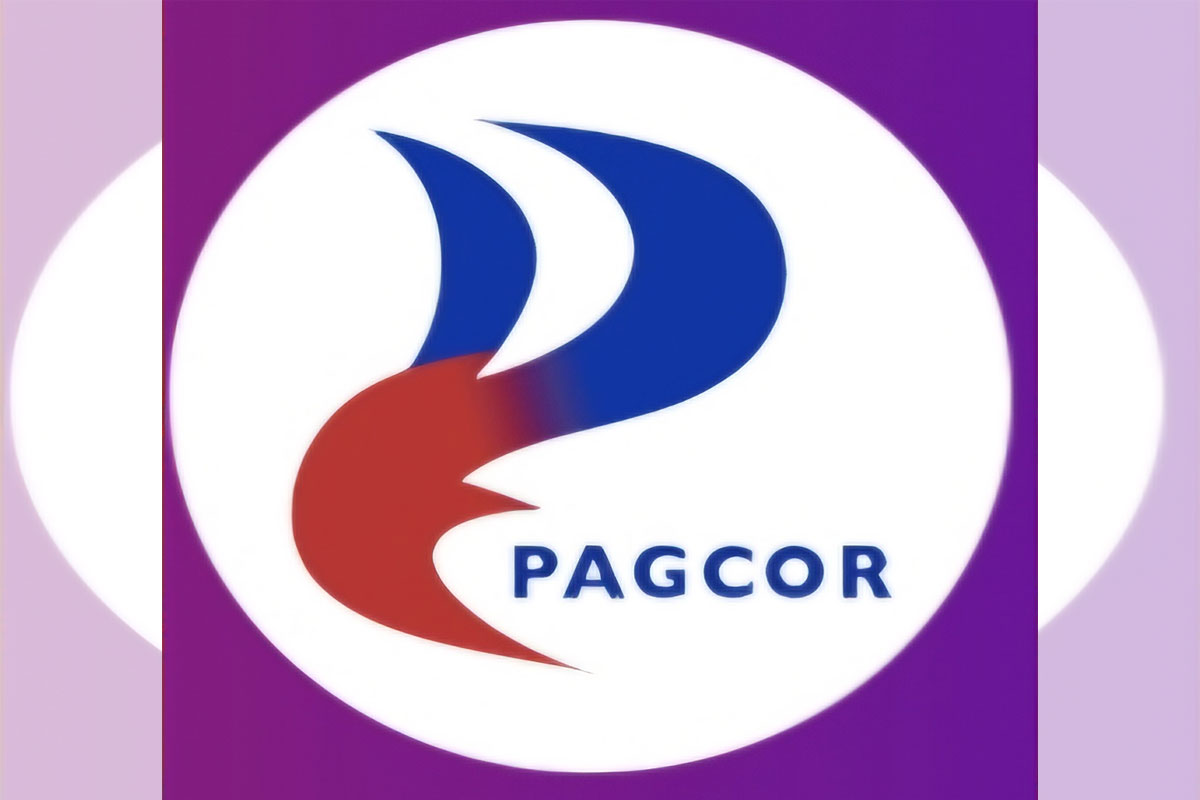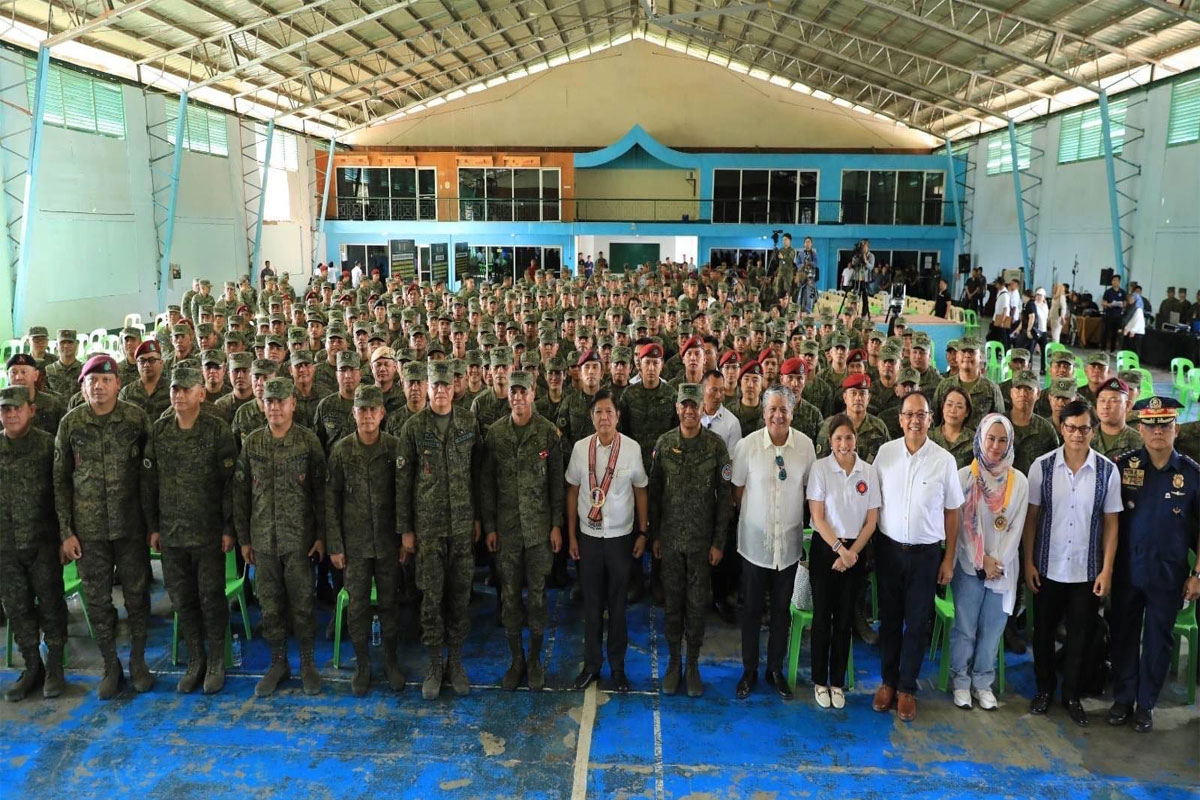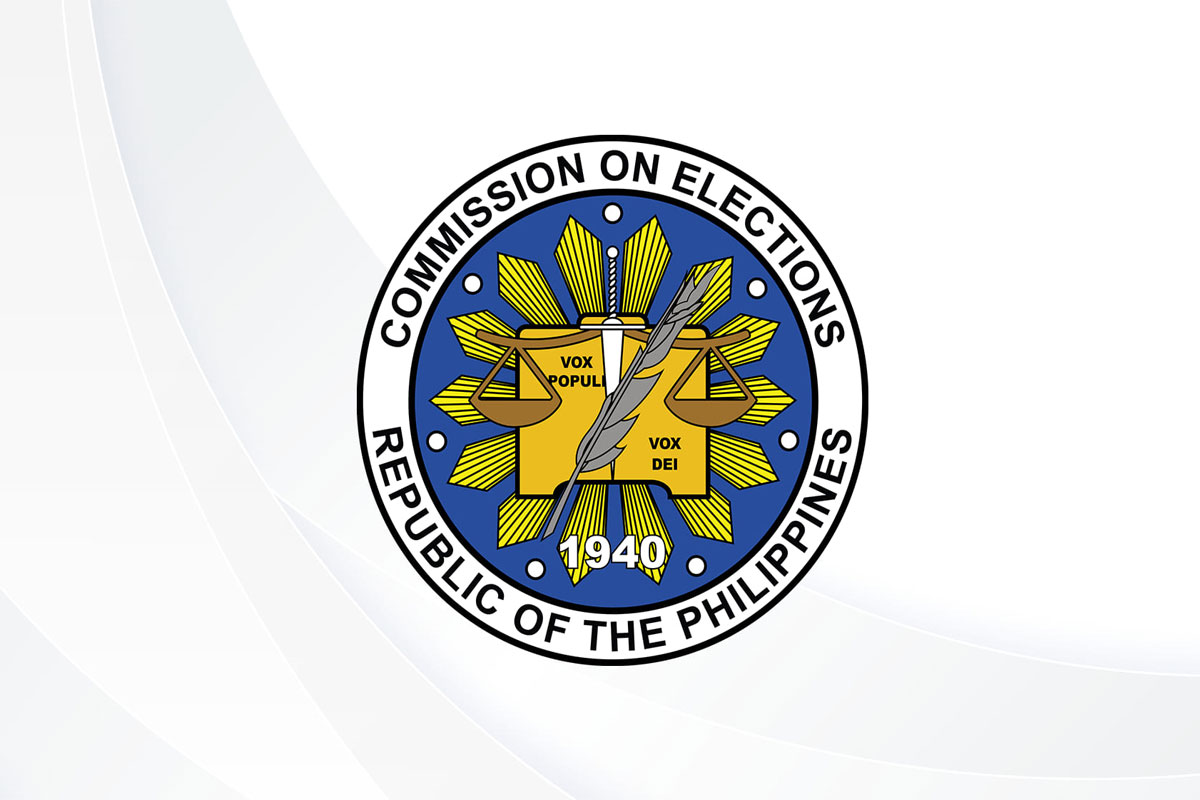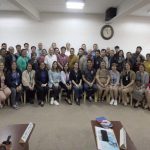
DA collab with EU councils to boost PH agri-fishery
THE Philippines, through the Department of Agriculture (DA), is set to collaborate with the European Union-ASEAN Business Council (EU-ABC) and the European Chamber of Commerce of the Philippines (ECCP) for the advancement of the country’s agri-fishery sector.
Agriculture Senior Undersecretary Domingo F. Panganiban said that during a meeting with the delegates of the two organizations, EU-ABC Vice Chairman Tassilo Brinzer and ECCP Executive Director Florian Gotten, they discussed mutual interests in agricultural development, foreign trades and investments, economic growth, and other potential areas of cooperation.
One of the issues discussed during the meeting was the need to address the high sugar prices in the local market.
Based on the May 24 report of the DA-Surveillance, Monitoring, and Enforcement Group, the price of refined sugar ranges between P86 to P110 per kilo in Metro Manila. Washed sugar is priced at P82 to P90 per kilo, while a kilo of brown sugar can be bought at P78 to P90.
Sugar Regulatory Administrator (SRA) Pablo Luis Azcona reported that the country’s sugarcane production is expected to increase to 1.78 million metric tons (MMT) and a sugar importation volume of 440,000 MT to cover supply gaps.
At present, the Philippines has about 390,000 hectares of sugarcane plantations – 90% of which are owned by small-scale farmers.
Azcona stressed that the SRA intends to increase the industry’s productivity and profitability since there are over five million Filipinos dependent on the sugarcane industry.
To achieve this goal, the SRA will adopt climate-resilient agricultural practices, the promotion of drought- and wet season-resistant sugarcane varieties, the upgrading of select mills in Luzon, consolidation of farmers into 30-hectare farm sizes, and mechanization and modernization of plantations in the country.
Also during the meeting, the DA highlighted various efforts towards food security in the Philippines, which include promoting opportunities in agriculture among the Filipino youth through the Young Farmers Challenge, reviewing the agriculture department’s key commodity investment plans through the Philippine Rural Development Project (PRDP), promoting accessible and affordable healthcare for local agricultural laborers and their families, and improving local food production and competitiveness while also opening the country’s doors to collaborative activities with the EU and other foreign partners.
With the World Risk Index 2022 ranking the Philippines as the number one country with the highest disaster risk worldwide, the DA also stressed the importance of immediately mitigating and addressing the impacts of climate change on the Philippine agri-fishery sector.
Some of the measures being implemented by the DA include allotting P1 billion for its Quick Response Fund (QRF), attending fora and other engagements related to climate change, working with every stakeholder towards climate and disaster resiliency, developing climate-resilient crop varieties, advocating for eco-friendly agricultural practices, and just recently, preparing for the El Niño phenomena by the third or fourth quarter of 2023.
The DA also underscored its mission to build climate-resilient livelihoods and communities through the implementation of the Adaptation and Mitigation Initiative in Agriculture (AMIA) Program, the Philippine Fisheries and Coastal Resiliency (FishCoRe) Project, and the Mindanao Inclusive Agriculture Development Project (MIADP), among many others.
“European businesses are at the forefront of innovation and sustainable practices in agriculture, and today we stand ready to share these best practices and expertise to support the continued growth and advancement of the agriculture sector in the Philippines. By leveraging our expertise in agribusiness management, sustainable farming techniques, and market access, we hope to uplift the livelihoods of Filipino farmers and contribute to poverty reduction in rural areas,” Brinzer said.
Gotten, on the other hand, expressed delight in the Philippines’ growth and potential, saying, “The efforts of this administration, in particular what President (Ferdinand) Marcos Jr. is doing by traveling around the globe inviting investors to come to the Philippines, are slowly picking up. The Philippines is now on the map, and I think that this is a new era, a golden age for investments in the Philippines. We are very much optimistic that we will see more European companies coming here, supporting your efforts, and maybe reckon to try to work with you to bring the agriculture in this country to the next level.”
“Increased cooperation and foreign investments spell more jobs, higher incomes, better access to basic commodities, less inflation, and collaboration and partnership over confrontation. The more unbounded the flow of both, the stronger the momentum for economic prosperity and peace among nations,” he added.


